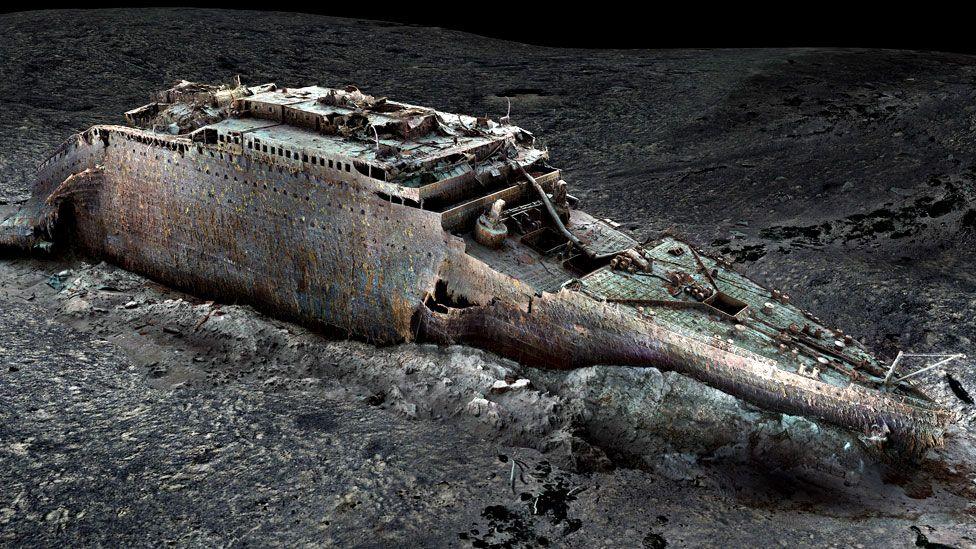The forgotten first captain of the Titanic
Listen on BBC Sounds for more on Captain Haddock
- Published
When people think of the captain of the Titanic most will think of Edward Smith, with his big white beard, made famous by films telling the story of the ship's ill-fated maiden voyage.
But what not many people know is that the Titanic's first captain was naval officer Herbert Haddock from Rugby in Warwickshire, who was in charge of the vessel for just six days.
Captain Haddock "was a man of dignity", said historian Dan Parkes, who had been commended for his work at White Star Line, the owner of RMS Titanic, and was given the responsibility of getting the ocean liner ready for its first sea trial.
At the time of the sinking he was in charge of Titanic's sister ship RMS Olympic and relayed its distress calls before it sank on 15 April 1912, with the loss of 1,500 lives.
Mr Parkes is now calling for Captain Haddock to be more widely recognised.
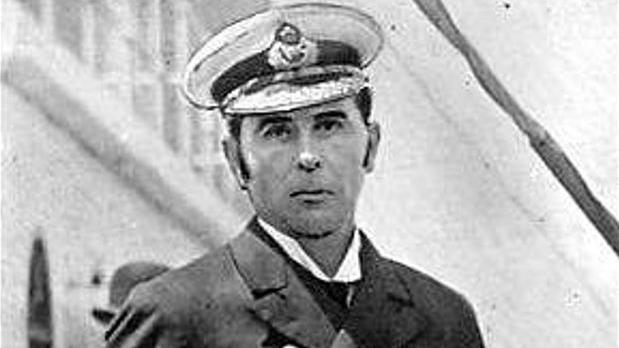
Captain Herbert Haddock was a "man of dignity", says historian Dan Parkes
Captain Haddock was raised in Rugby, and his house at 21 Market Place was registered in his name until 1885.
Mr Parkes said in 1875, aged 14 or 15, he went to train at HMS Conway near Liverpool.
At 27 he joined the White Star Line as fourth officer, where he "earned a reputation for being an excellent captain and being super-intelligent", he added.
One newspaper article described him as a "man with two brains" and he rapidly earned promotion.
On 25 March 1912, he was made captain of the Titanic as it sat at the Harland and Wolff shipyard in Belfast.
Mr Parkes said it was a "very important stage of Titanic's life".
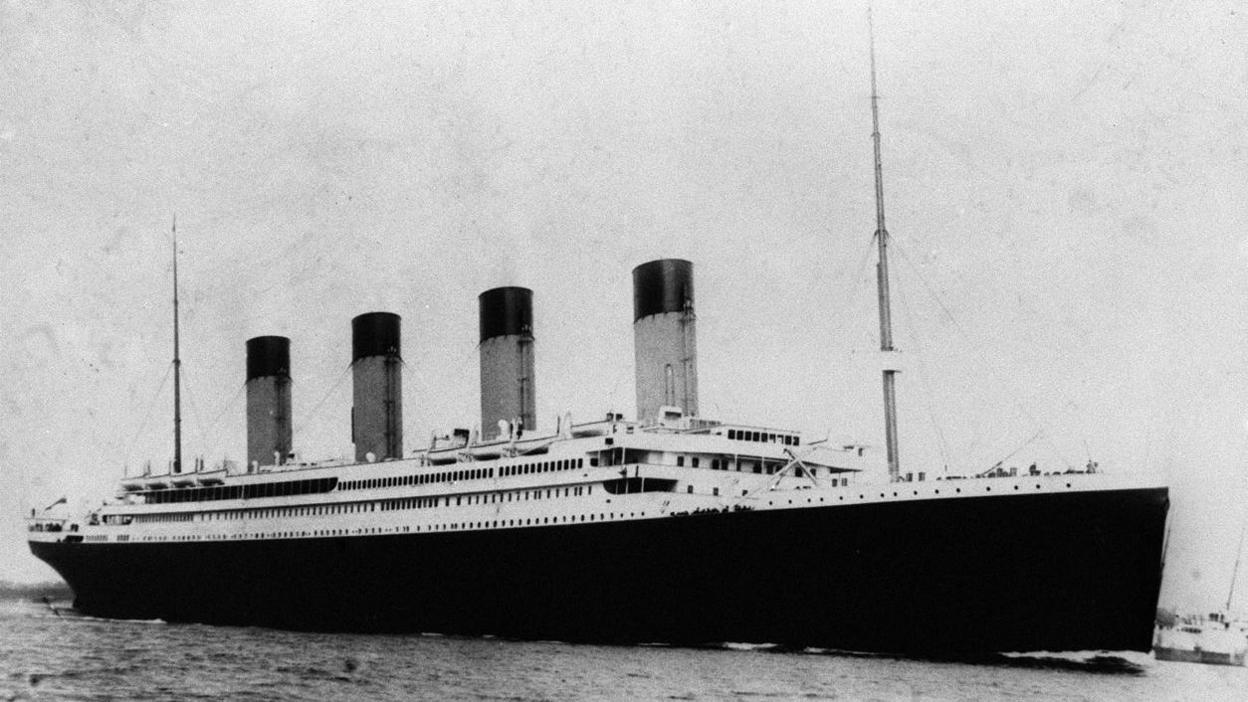
The Titanic was captained by Captain Haddock between 25 and 31 March 1912
While the Titanic was docked at Belfast, waiting to go on its first sea trial, Captain Haddock "would have been helping with provisioning, helping arrange the crew and there was also some media".
There was "the very important aspect of ensuring the ship's safety features were all in working order, as the Board of Trade would be testing everything before signing it off for its maiden voyage", added the historian.
On 1 April 1912, after just six days in charge, he was replaced by the older Captain Smith, from Hanley, Stoke-on-Trent, who had been captain of the Olympic.
The pair swapped roles, and Captain Haddock took charge of the Olympic instead.
Mr Parkes said it was thought at the time that at 11 years younger, he may have eventually taken over as captain of the Titanic once 62-year-old Captain Smith retired. "He was certainly a good replacement," he said.
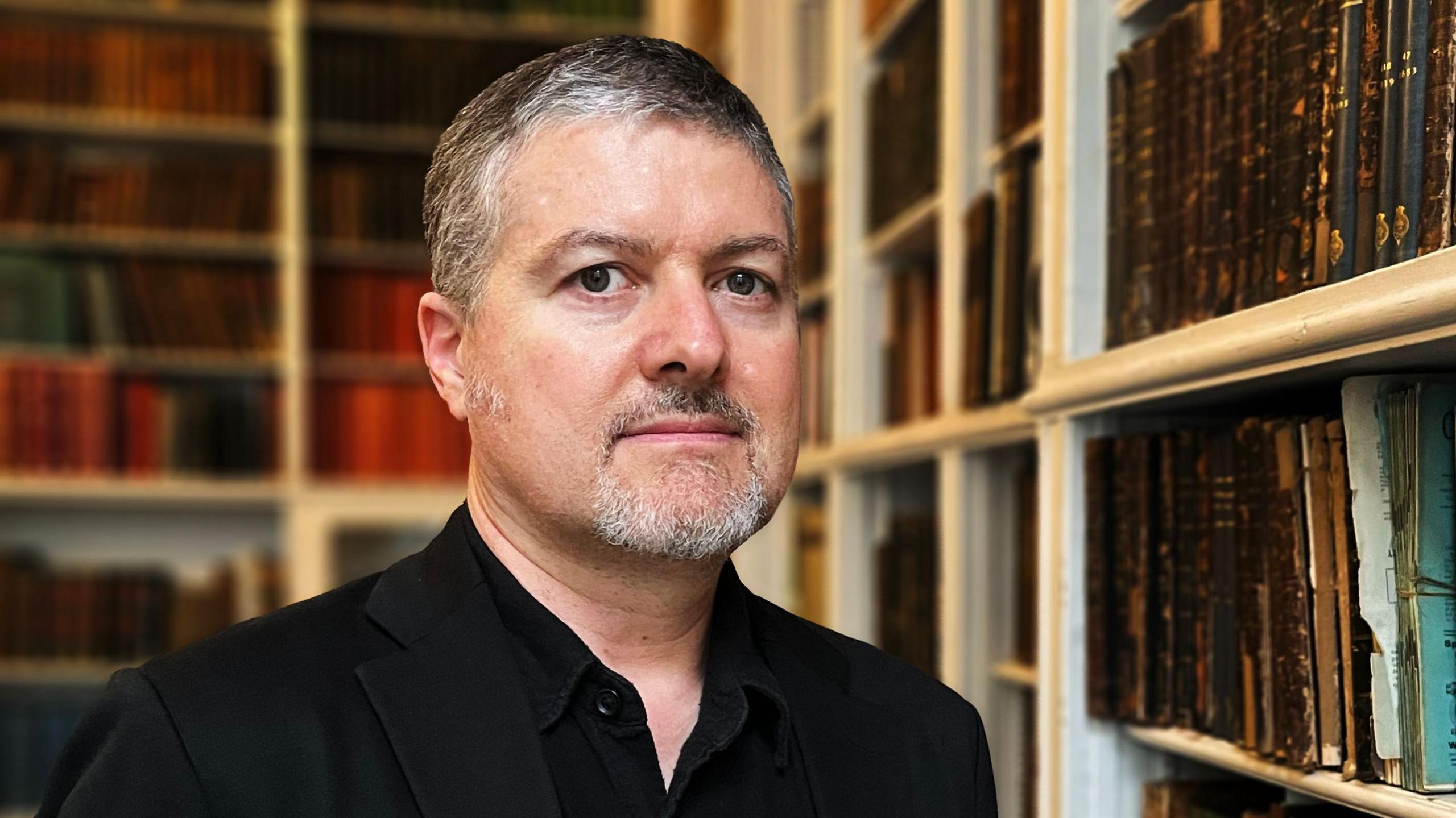
Dan Parkes says Captain Haddock has "sat in the shadows for many years"
When the Titanic sank, the Olympic was also on a trans-Atlantic trip to New York and had been around 500 miles behind the Titanic.
It received its distress calls, but Mr Parkes said neither of the boats had been built for speed, and "there was no way" it would reach the Titanic in time to provide help.
The Titanic sank when it hit an iceberg on its maiden voyage from Southampton to New York.
Mr Parkes said Captain Haddock "played a vital role in transmitting those messages after the disaster and attempting to get to the location as quickly as possible".
He also stopped any parties or music on the Olympic, out of respect, he said.
"I am hoping history remembers him as the first captain of the Titanic but also as a man who did his best to handle the fallout of the disaster."
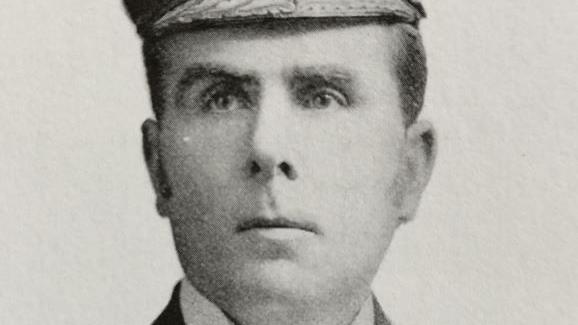
Captain Haddock's career declined after the Titanic sank
After the disaster, Captain Haddock had to deal with complaints from his own crew once they became aware of the ship's poor safety standards.
"Before Titanic he was doing brilliantly, captaining some of the largest vessels and doing an excellent job, but once the Titanic disaster happened, his career started to falter," he said.
Mr Parkes thinks Captain Haddock's story should be more widely known, though.
He said: "I don't think there's any film that has portrayed Haddock as being the ship's first captain, or the race that the Olympic made to the Titanic's distress position, but it isn't as dramatic as the classes of people on a sinking ship."
"Sometimes the truth isn't as interesting as the dramatisation," Mr Parkes added.
Get in touch
Tell us which stories we should cover in Warwickshire
Follow BBC Coventry & Warwickshire on BBC Sounds, Facebook, external, X, external and Instagram, external.
- Published18 June

- Published17 May 2023
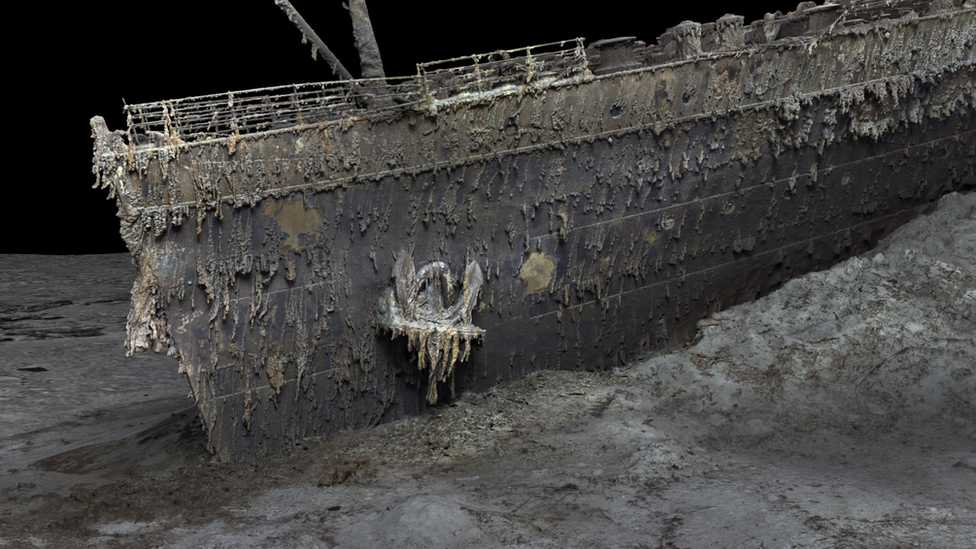
- Published15 April 2012
